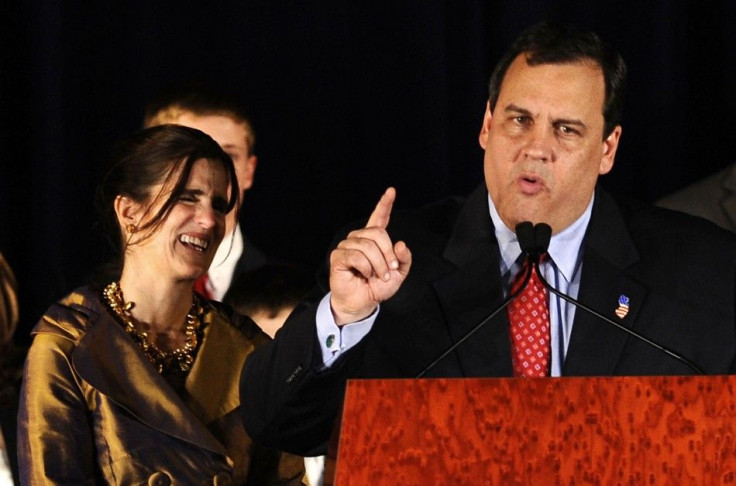Why Chris Christie Should Wait Until 2016 to Run for President
OPINION

Republican New Jersey governor Chris Christie will reportedly announce his candidacy for the Presidency on Monday, after months of denying such rumors.
International Business Times spoke with Jamie Chandler, a professor of political science at Hunter College in New York, about why he thinks New Jersey governor Chris Christie should wait until 2016 to launch a presidential bid.
He’d be Coming Into Race Too Late
“It’s too late for him to build a strong campaign organization to mobilize Republican voters in this year’s front-loaded primary schedule,” Chandler said.
“This has already been an obstacle to late entrant [Texas governor] Rick Perry; he hasn’t had enough time to build on-the-ground forces in states like Florida, Minnesota, and New Hampshire where Mitt Romney leads him by wide margins in those states. Romney is far ahead the pack in the most important early primary race, New Hampshire.”
Christie Has Low Name Recognition Outside The Northeast
While the governor has made a great impact in New Jersey, the Northeast (and perhaps parts of the west Coast), he remains an unknown entity in much of the country. He lacks the requisite ‘star power’ to make a successful run.
Moderate Northeastern Republicans are not a hot commodity this year.
“Candidates who compromise and are bipartisanship are much less desirable to Tea Party and socially conservative voters,” Chandler noted.
“Romney has been able to offset this struggle with a strong campaign organization, which he has been building since 2008.”
However, Christie has some things going for him.
“Key Republican fundraisers want him in the race,” Chandler noted. “These fundraisers can provide Christie with unlimited funds through Super PACs. However, influential Republicans are signaling that they’re likely to rally around Mitt Romney.”
The bottom Line is Christie would be better served if he waits until 2016.
“The next four years will give him sufficient time to refine his narrative, and build broad national support,” Chandler concluded.
© Copyright IBTimes 2025. All rights reserved.





















